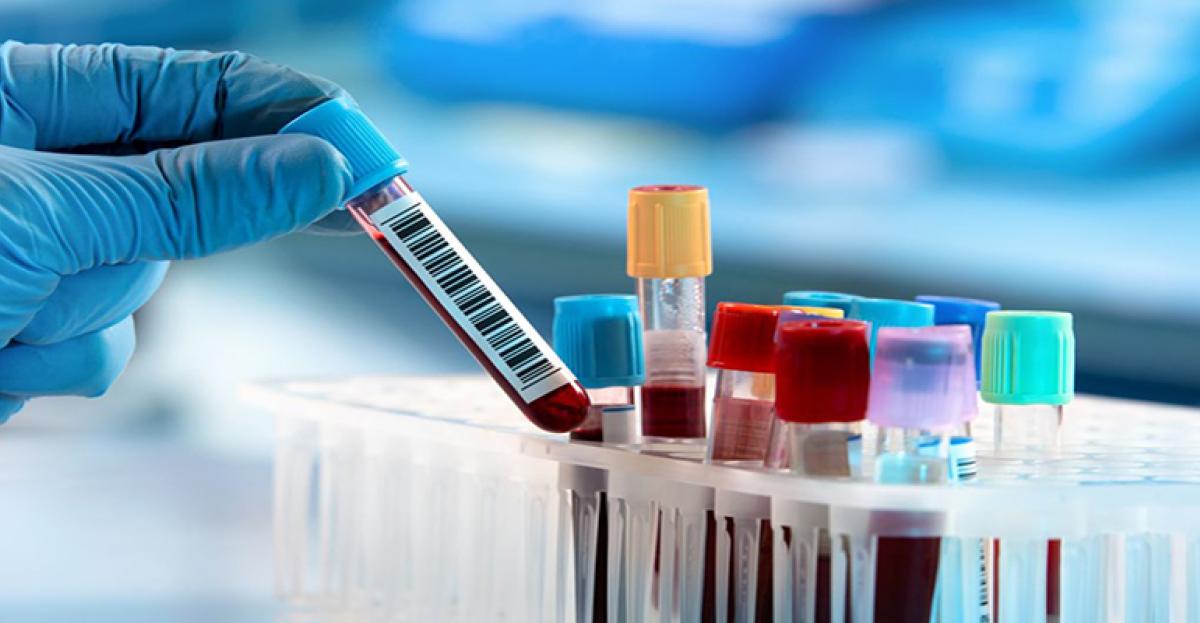New advancements in clinical laboratory
About 70 per cent of the healthcare decisions taken by doctors for the treatment of diseases is based on the results of laboratory testing, which makes clinical laboratories a vital part of the global healthcare system. Over the years, the clinical laboratory has undergone a major transformation thanks to breakthroughs in gene therapy, IVF, and point of care testing.
Digital Pathology
Digital pathology is changing the practice of pathology. The initial benefits cited for digital pathology include educational and archival use cases. Additionally, creating digital representations of glass slides transforms the morphologic features contained on the physical glass slides into digital data. This allows for easier collaboration and increased access to the pathology material. All of these factors represent improvements to the traditional tasks that are performed by pathologists in generating diagnostic reports for patients.
Gene Therapy
With the advent of genomic technologies, the treatment of cancer is rapidly evolving. Advances in the understanding of the biological drivers of certain cancers have led to the development of targeted gene therapies, designed to disrupt abnormal disease pathways and lead to the death of cancer cells while sparing healthy cells.
Moreover, molecular (or genetic) testing plays an important role in cancer diagnostics. A good example of a molecular genetic test used to diagnose cancer is the DNA analysis of Breast Cancer susceptibility gene 1 (BRCA1) and Breast Cancer susceptibility gene 2 (BRCA2), mutations which can increase the risk of breast, ovarian, and several other cancers.
Immunology
One of the current trends driving immunology is cancer immunotherapy—an approach that removes the barriers that protect cancer cells from a patient’s immune system. It has revolutionised the treatment of many cancer types. About 40 per cent of melanoma patients, for example, respond to immunotherapy, enabling the immune system’s T cells to attack cancer cells and take control of the disease.
IVF
Recent studies have shown how fertility experts are leveraging artificial intelligence (AI) technology to assist infertile couples in their journey of parenthood. Researchers in the U.S. have claimed that the results of their study could help enhance the success rate of In-vitro Fertilisation (IVF). According to a report, the researchers used an AI-driven system to examine a large number of time-lapse images of the early-stage embryos to identify “with a great degree of accuracy” which ones would most likely result in healthy babies. The technique is also seen to help lower the risk of multiple pregnancies.
Laboratory Accreditation
The laboratory medicine field has continued to exponentially evolve from one based on local and national practice to one based on globally harmonised best practices. Achieving and maintaining accreditation from an internationally recognised agency is one invaluable milestone for meeting essential quality practices. Medical laboratory standards and guidelines provide practical advice to help laboratories address and correct deficiencies in order to achieve or maintain accreditation.
Point of Care Testing
Point of care testing (POCT) is diagnostic testing performed close to the site of patient care. POCT uses small, portable devices to obtain rapid test results while the clinician is still examining the patient. It is simple to use, and results are sufficiently reliable to meet medical needs for triage, diagnosis and management of patients in the field, outside of a laboratory.
POCT has played a key role in responding to the surge in coronavirus cases. For instance, Randox Laboratories' point of care test, Vivalytic Viral Respiratory Tract Infection (VRI) Array, can identify SARS-CoV-2 (COVID-19) and differentiate it from nine other respiratory infections. This provides a comprehensive respiratory screening, which enables precise and informed treatment decisions to be made.














